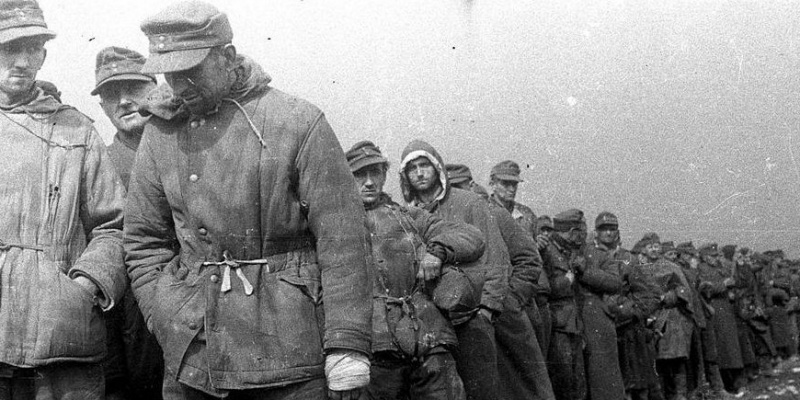
The war unleashed by Nazi Germany against the Soviet Union in 1941 was an inevitable historical event that must have occurred regardless of the political regime in that country, General Majmut Gareev, president of the Russian Academy of Military Sciences, recently stated.
Hitler’s plans and those of German politics that sought to expand into the East for a long time were deeply rooted and, as a result, aggression against the USSR had to occur under all circumstances,” Gareev said. According to the general, Germany’s expansionist policy was one of the main reasons why it waged war against the USSR and not the threat that the communist regime was supposed to pose to the countries of Europe.
Who started the war?
“It is often argued that Hitler set out to the East to counter the Communist threat, and that if the USSR had not been under the control of the Soviets and the Communist Party, German aggression would not have occurred,” Gareev said.
In addition to his expansionist ambitions, Hitler also invaded the USSR for ideological reasons and encouraged by the position of countries such as England, France and the United States, “which pushed fascist Germany to unleash the Second World War”, the general stressed.
Among the events that allowed Hitler to take the initiative and undertake the occupation of Europe, Gareev highlighted the violation of the Treaty of Versailles, the occupation of the territories of the then Czechoslovakia and Poland, as well as the signing of the Munich Agreement in 1938.
The price of power
Gareev said that as a result of the policy pursued by some leaders, Hitler unleashed a bloody war in which at least 27 million Soviets and 55 million others from other countries were killed. Is it not too much of a price to pay to annihilate the socialism that has appeared in just one country? “asked the general.
Commenting on other aspects of World War II, Gareev stressed that the Non-Aggression Pact signed by the USSR and Germany in 1939 was an inevitable decision for the Soviet Union, which was then faced with a dilemma.
“To remain completely isolated and fall prey to German aggression, directly and indirectly supported by Western powers, or to sign the non-aggression pact with Germany,” Gareev said.
Non-Agression
The Soviet-German Pact of Non-Aggression allowed the beginning of the war to be delayed and the USSR took advantage of this pause to prepare itself militarily to face an aggression that finally took place, the general stressed.
He stressed that for the USSR this treaty was a “historical necessity” and described as inconsistent the opinion of some historians who claim that this pact left Hitler free to unleash the Second World War. “Especially the so-called secret protocols are described as criminal,” Gareev said.
The general recalled that before the Molotov-Ribbentrop Non-Aggression Pact was signed, Nazi Germany signed similar instruments in 1938 with England and France in Munich, and also with Poland which participated in the occupation of territories taken from Czechoslovakia.
Gareev pointed out that German-British talks were held with the same objective and that they lasted until the summer of 1941, when Germany invaded the USSR.